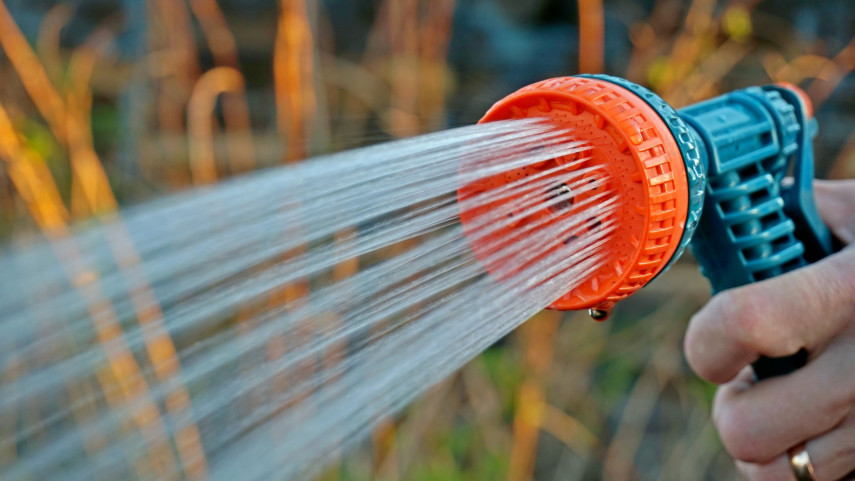
Is your household a high water user?

Share this story
Christchurch City Council’s new online Water Reporter means households can now easily check how much water they have been using ahead of charges for high users coming into effect from mid-next year.
Properties in Christchurch and Banks Peninsula that regularly use large amounts of water will soon start paying extra for their water supply under the Council’s new Excess Water Supply Targeted Rate, which applies from 1 July 2022.
Most households in Christchurch and Banks Peninsula are average water users and will not use enough to receive an invoice.
Council Head of Three Waters and Waste Helen Beaumont says the new Water Reporter tool gives people a window into their water use and a reason to think differently about how much they are using, particularly over summer.
“The Water Reporter means people can easily start to get a sense of the amount of water they’ve been using, what it might cost, and whether they want to make some changes to avoid an invoice from July next year.
“Some properties will have high meter readings due to underground leaks that they don’t know about. We’ve put information on our Water Reporter webpage about how to read your water meter and how to check for leaks, so people can get them sorted before the new targeted rate applies.”
The Excess Water Supply Targeted Rate will apply to any single household with a water meter that uses, on average, more than 700 litres a day – roughly equivalent to 100 toilet flushes.
Property owners will pay a fixed rate of $1.35 for every 1,000 litres they use over the limit.
Multiple households served by a single water meter won’t have to pay until separate meters can be installed, unless there is a special agreement in place specifying which household or ratepayer is responsible for payment.
Households sharing a water meter are generally low to average water users because the majority are smaller properties within multi-unit developments with very compact or shared gardens.
“Christchurch’s water use in summer is about double that in winter, mostly due to people watering lawns and gardens with sprinklers and irrigation systems,” Ms Beaumont says.
“Because there’s previously been no cost to residents for using lots of water – and practical difficulties in enforcing water restrictions – we’ve had to try to appeal to people’s goodwill to reduce water usage.
“Charging for excess water supply will help us manage the city’s water demand better and reduce the high costs of pumping extra water over summer. It will also mean less money spent on expanding our water supply network just to cater for the small proportion of high users over summer.
“When other parts of the country have put in place similar charges they’ve seen a drop in water use of 20 to 30 per cent.
“Reducing high water use will also help to improve the sustainability of the district’s drinking water supply, which aligns with our climate change goals.”
